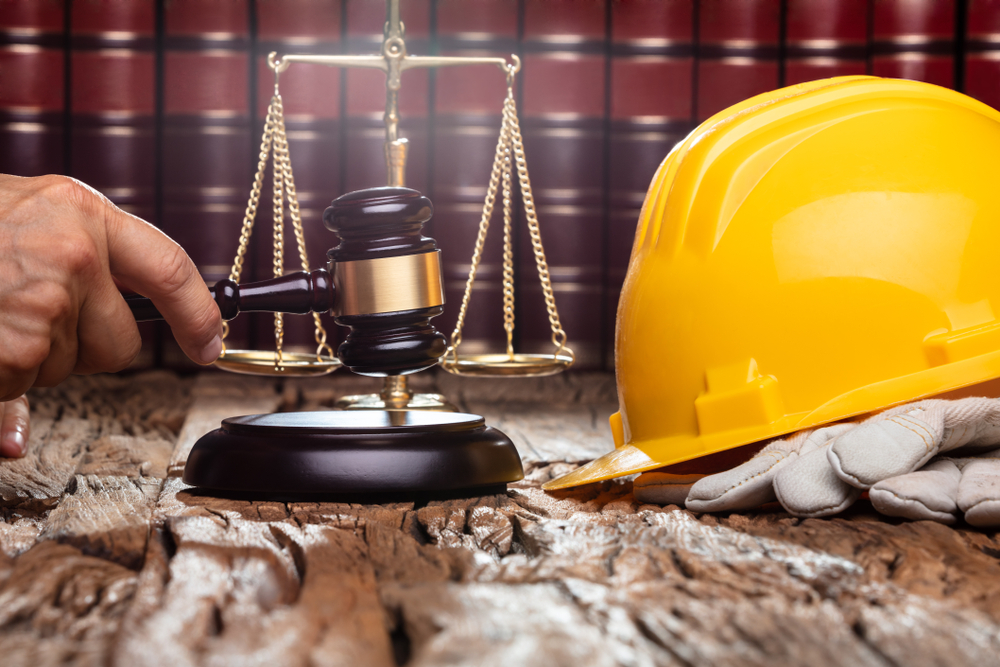Navigating Construction Law in Illinois: Key Legal Considerations for Contractors and Developers

Construction law in Illinois presents numerous legal obligations and requirements for contractors, developers, and suppliers. Need immediate assistance? Call 847-920-7286 to discuss how these matters affect your specific venture.
Why Construction Law Matters in Illinois
Illinois law often imposes various obligations on project stakeholders beyond simple contract terms. Licensing, building code compliance, and consumer protection statutes can influence whether a job proceeds smoothly or ends up mired in litigation. Municipalities in Cook, Lake, McHenry, Kane, and Will counties enforce specific ordinances related to contractor licensing and insurance coverage.
Noncompliance can result in penalties, job shutdowns, or complicated payment disputes. Ensuring that your business meets local rules allows you to focus on the core tasks of building, renovating, or supplying materials. Since each municipality may approach licensing and inspection differently, verifying local requirements is an early step worth taking.
Ensure Accurate Contracts
Written agreements form the backbone of most construction projects. The Illinois Home Repair and Remodeling Act (815 ILCS 513) states that any person who performs work for more than $1,000 must provide a written contract with detailed terms. Failing to do so can expose contractors to penalties and disputes. By clearly defining scope of work, timelines, and payment terms, a valid contract helps avoid unnecessary conflicts. It is equally vital to include clauses that manage delays, changes, or unforeseen setbacks. In some instances, obtaining a formal agreement can facilitate recourse if clients challenge invoices or refuse to pay.
Observe Local Licensing Requirements
The state of Illinois typically requires relevant licenses for contractors and subcontractors. Checking municipal codes ensures compliance with local regulations. Subcontractors, for instance, might need to present proof of insurance or a performance bond before starting a project. Unlicensed work can lead to fines, project shutdowns, or potential legal action from unhappy clients.
Apply the Illinois Mechanics Lien Act
Legal disputes often arise when contractors or developers do not receive full payment. Under the Illinois Mechanics Lien Act (770 ILCS 60), parties who supply labor or materials for a property can hold an interest in that property. This right aims to ensure fair compensation. The act contains crucial deadlines, including the requirement for providing notice to property owners before filing a claim.
Failure to observe these timelines can invalidate liens. Homeowners sometimes challenge mechanics liens based on incomplete notices or missed filing windows, which underscores the importance of working with a skilled Chicago mechanics lien attorney. To strengthen your mechanics lien claim, be aware of the following steps:
- Preliminary Notices: Depending on the nature of the project, certain notices (like a Notice of Intent) may be required before you can file a lien.
- Deadlines: State law sets specific windows for filing. Missing these windows can invalidate your lien.
- Proper Documentation: Keep thorough records of contracts, invoices, change orders, and communications. This paper trail is invaluable if the matter escalates to litigation.
- Lien Perfection: After filing, there may be additional steps to finalize (“perfect”) the lien. A mechanic lien attorney can guide you on any county-specific procedures.
Timely filing is essential. If the property owner refinances or sells the property before you secure a lien, recovering funds can become significantly more complicated.
Promptly File
Time is vital when it comes to mechanics lien in Illinois. If a contractor neglects to file promptly, the property owner might sell or refinance the property, leaving the contractor without recourse. Illinois mechanics lien lawyer services assist with ensuring that all notices, demands, and recorded documents meet strict deadlines. A mechanic lien attorney may also help negotiate amicable payment resolutions, avoiding prolonged courtroom battles and reducing costs for everyone.
Handle Pay Disputes and Change Orders
Construction projects can evolve rapidly, and disputes often arise if scope expansions or design modifications are not clearly documented. Properly executed change orders protect both contractors and property owners from confusion about costs or responsibilities. Any new agreement should incorporate signature lines, updated costs, and revised completion dates. In many cases, a Chicago mechanics lien lawyer can examine relevant documentation to confirm the legal validity of a claim for additional compensation.
Need Guidance Regarding Construction Law in Illinois?
Do you have questions about mechanics liens, payment disputes, or contract formation in the Chicagoland area? Grzymala Law Offices provides knowledgeable counsel to contractors, developers, and suppliers throughout Cook, Lake, McHenry, Kane, and Will counties. For those seeking skilled guidance, we are ready to assist. Reach out for a personalized consultation and let us help you secure your hard-earned payments—contact us today.
